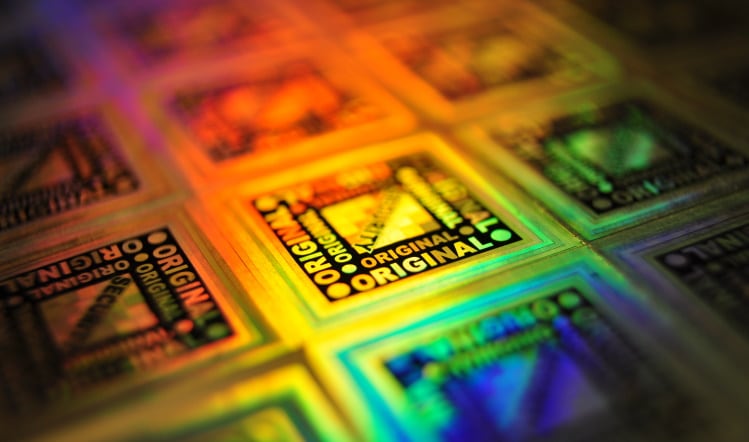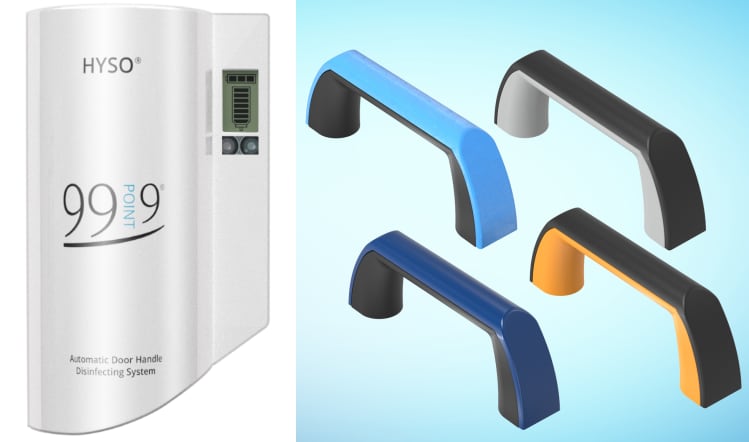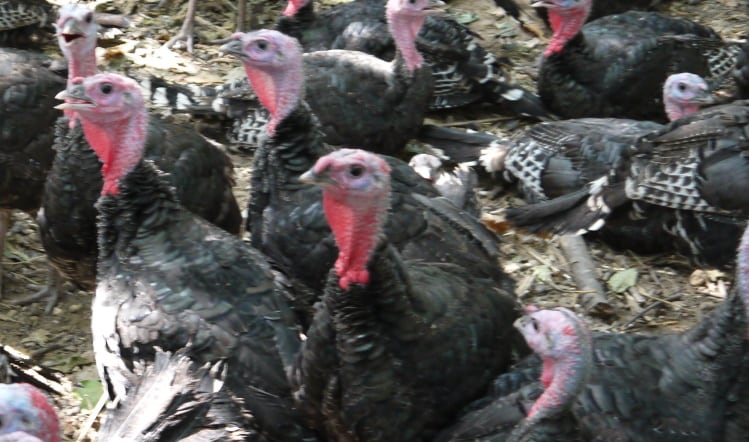The claims followed reports from US scientists that they had been able to mould edible holograms into chocolate.
While the process only works for certain types of confectionery, its development has opened up a host of opportunities and innovations in the control and labelling of food, claimed the IMHA.
The new method relies on a solution of corn syrup, vanilla and water that is dried into a thin film before being coated with a fine layer of non-toxic black dye.
Hologram technology
Direct laser interference patterning is used to etch off most of the dye, leaving behind raised, nanoscale lines forming a diffraction grating – the image or information you would see in the hologram.
The IMHA argues these edible holograms offer a safe, rapid and cost-effective way to ‘print’ important messages on food. Ultimately, this would ensure better food safety, improve food labelling and could more clearly indicate ingredients and sugar content, it said.
IHMA chair Dr Paul Dunn, said: “The capacity to ‘print’ holograms on food is another promising development, heralding innovative and exciting ways for the food industry to add value as manufacturers and producers look for new approaches.”
Authenticity
The presence of unique edible holograms could also serve to prove food authenticity, allowing for easier identification of fake products. Even products carrying a faked hologram can still be distinguished if the hologram has been designed well enough.
“Holograms are effective weapons in the frontline fight against counterfeiters and fraudsters, protecting brands and profits.” Dunn added. “Those involved in the food supply chain would be reassured by their presence on products, recognising the security, brand enhancement and financial benefits provided.”
Meanwhile, in October, Princes launched on-pack quick response (QR) codes on its Napolina canned tomatoes, enabling smartphone users to view their quality and sustainability credentials as part of a broader blockchain-enabled transparency drive.





